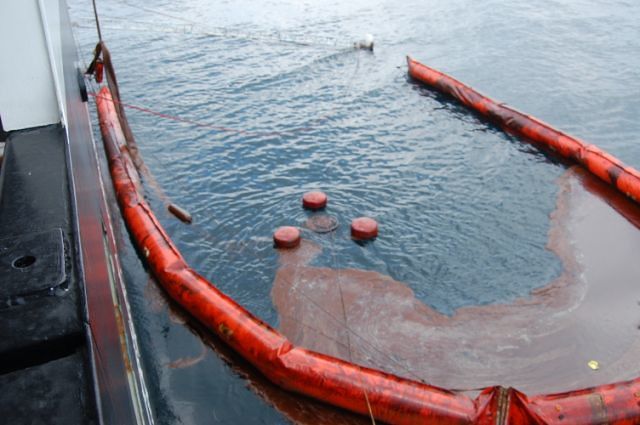Oil Spill Stresses Supply For Local Seafood Restaurants

As oil gushes out of the ocean floor, the Gulf’s highly sought after seafood is vanishing from menus nationwide.
Here in Sheepshead Bay, Randazzo’s Restaurant is feeling the pain. According to a CBS News report, owner Paul Randazzo said the price of Gulf seafood is rising as availability disappears.
Before the spill, certain seafood was readily available. “It’s ‘how many cases do you want?’ What’re you kidding? And I’m paying two dollars over market. And now it’s not so available, it’s ‘why don’t you try this, why don’t you try that’?” he said.
…
“The longer and longer this clean-up takes? I think the higher the prices of seafood is going to get,” Randazzo said.
Louisiana, the state most hurt by the spill, makes up nearly a third of the nation’s domestic seafood supply. Staples like shrimp, blue crab and oysters have taken the largest hit, caught up in the 30 percent of the state’s coastline that has been closed to fishing since the spill.
But the region’s fishermen aren’t about to admit defeat, and they’re turning to other local seafood supplies to fill the gap, according to the Washington Post. Suppliers are pushing crayfish, carp and mussels as replacements, and some less traditional meats, like alligator, are finding their way onto menus.
Meanwhile, the industry is also looking to convince consumers that the fishing industry is still alive – if not well – and food is safe to eat.
“Anything going on the market is being tested and tested and tested at unprecedented levels,” Ewell Smith, executive director of the Louisiana Seafood Promotion and Marketing Board, told the Washington Post.
How about you? Would you eat crayfish and alligator if it turned up on Randazzo’s menu? Should Sheepshead Bay’s fishermen start selling catches from their boats again, to help bolster supplies of fresh, local fish?



